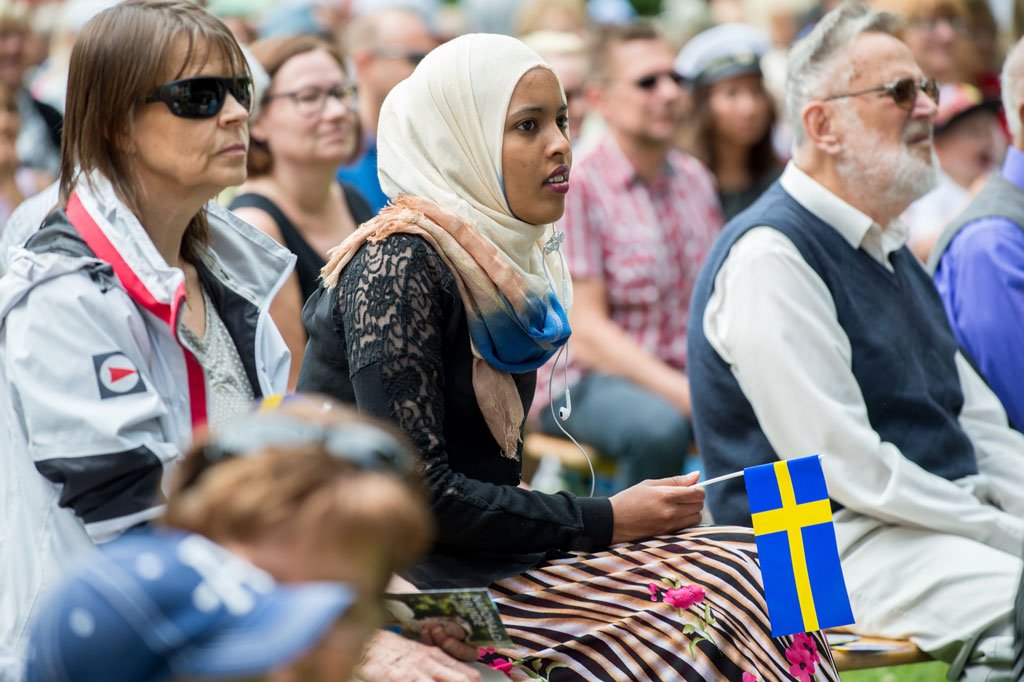Nation and Diversity – Two Irreconcilable Terms?
A new multidisciplinary network aims to understand the changing face of nationalism in an increasingly diverse Europe.
A glance at demographic data for European countries reveals that every year international migration contributes to population growth more than natural change. According to demographic projections, by 2060 citizens with at least one foreign-born parent are expected to account for about 33% of the EU-27 population.
This means only one thing: in the future, ethno-cultural and religious diversity is to become the norm rather than the exception. If so, what will the impact of this diversity be on European nations? It is difficult to imagine forms of culturally homogeneous national belonging to persist in face of such extensive diversity. Yet, at the same time, it would also be naive to expect that nations and national attachments will cease to exist altogether. What kind of national imaginaries will arise in response to growing diversity? How will individuals, groups and institutions conceive of, negotiate and create new forms of national life?
Loughborough University Nationalism Network (LUNN)
These are some of the key questions tackled by the recently established Loughborough University Nationalism Network (LUNN). Originating within the Migration, Identity and the State research cluster of the Geography Department, with the sponsorship of the Communication, Culture and Citizenship Research Challenge, LUNN now gathers more than twenty scholars, housed in seven Departments across four Schools (School of Social Political and Geographical Sciences, School of Sport Exercise and Health Sciences, School of Business and Economics, and School of the Arts, English and Drama).
LUNN aims to map the multifarious ways through which nations are made present rhetorically, practically, materially, and artistically in our increasingly diverse societies. Rather than being by-passed by transnational, cosmopolitan or new urban forms of living, the national dimension continues to coexist with these registers, constantly adjusting itself to changing social, political and economic circumstances.
It is thus of key importance to understand how nations are reproduced both in institutional terms and in the everyday life of ordinary people. To this end, a new PhD studentship has been recently funded by the Loughborough University Graduate School in conjunction with the University’s Communication, Culture and Citizenship Research Challenge, to study the potential for building of inclusive nations in the age of migration.
Supervised by Dr Marco Antonsich (Geography) and Professor Sabina Mihelj (Social Sciences), the project will explore when, where, and how the nation(al) enters and shapes the institutional management of diversity and everyday interactions within a plurality of social settings (e.g. education, sports, family life, and the media).
More information on the project and its other activities of will be posted on the LUNN website in due course.

